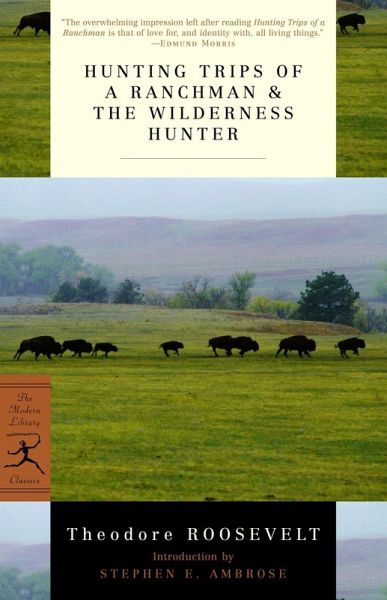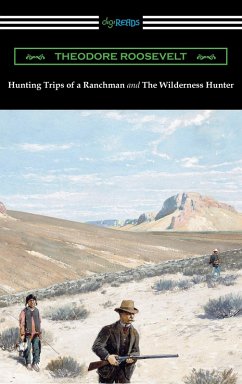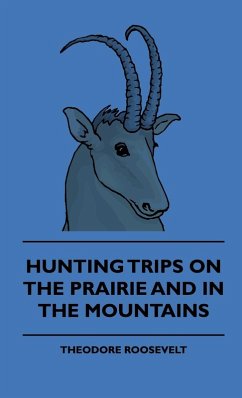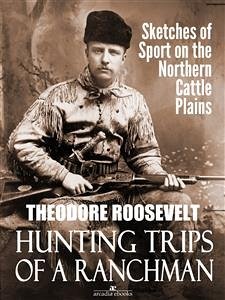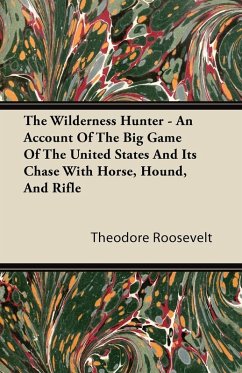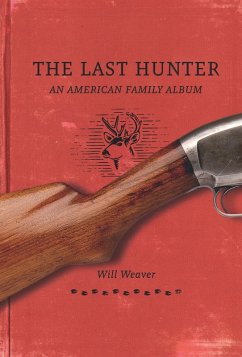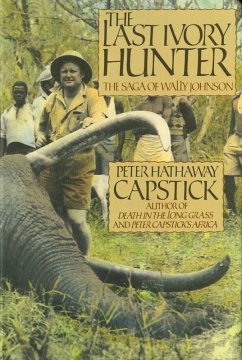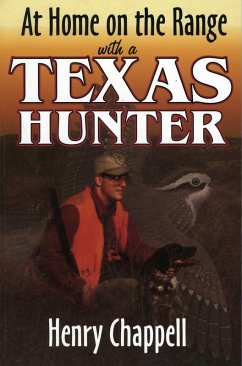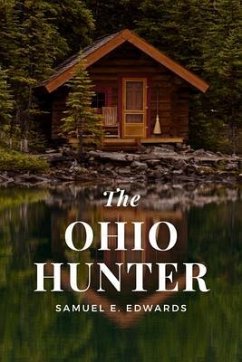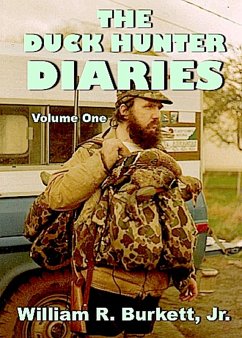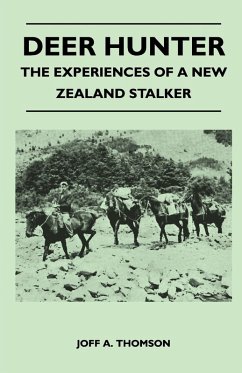Theodore Roosevelt--the naturalist, writer, historian, soldier, and politician who became twenty-sixth president of the United States--was born in New York City on October 27, 1858, into a distinguished family. He was the second of four children of Theodore Roosevelt, Sr., a wealthy philanthropist of Dutch descent, and the former Martha ('Mittie') Bulloch, an aristocratic Southern belle. An endlessly inquisitive young man, he was especially interested in natural history, which became the focus of his first published works, Summer Birds of the Adirondacks (1877) and Notes on Some of the Birds of Oyster Bay (1879). Upon graduating Phi Beta Kappa from Harvard in 1880 Roosevelt briefly studied law. The next year he was elected to the New York State Assembly on the Republican ticket and soon made a name for himself as a historian with The Naval War of 1812 (1882). Following the death of his wife, Alice, in childbirth in 1884, Roosevelt sought change and headed west to ranch lands he had acquired in the Dakota Territory. The young outdoorsman chronicled his years in the Bad Lands in Hunting Trips of a Ranchman (1885), the first volume in the nature trilogy that eventually included Ranch Life and the Hunting-Trail (1888) and The Wilderness Hunter (1893). After failing to win the New York City mayoral election in 1886 as a self-styled 'Cowboy Candidate,' Roosevelt married childhood sweetheart Edith Kermit Carow and retired for a time to Sagamore Hill, his estate at Oyster Bay, Long Island. He wrote Gouveneur MorrisLife of Thomas Hart Benton (1887) and conceived the masterful four-volume history The Winning of the West (1889-1896). Roosevelt returned to public life in 1889. Appointed Civil Service Commissioner he spent the next six years in Washington energetically pushing for reform of the government system, all the while propelling himself into the national spotlight. In 1895 he accepted a position as member, and later president, of the Board of Police Commissioners of New York City. Known as 'a man you can't cajole, can't frighten, can't buy,' Roosevelt continued to enjoy growing prestige nationwide, and within two years he was named assistant secretary of the navy under President William McKinley. Resigning this office in May 1898 at the outbreak of the Spanish-American War, Roosevelt helped organize and train the 'Rough Riders,' a regiment of the First U.S. Volunteer Cavalry whose legendary exploits he recorded in The Rough Riders (1899). A popular hero upon returning from Cuba, Roosevelt was elected governor of New York in November 1898, and two years later he became vice president of the United States in the second administration of William McKinley. The assassination of President McKinley in September 1901 placed Roosevelt in the White House, and he was elected president in 1904. For the remainder of the decade he embodied the boundless confidence of the nation as it entered the American Century. He promised a square deal for the workingman, brought about trust-busting reforms aimed at regulating big business, and instituted modern-day environmental measures. The first American leader to play an important role in world affairs, Roosevelt guided construction of the Panama Canal, advocated a 'big stick' policy to enforce the Monroe Doctrine, and sought to keep the Open Door course in China. In 1906 he was awarded the Nobel Peace Prize for resolving the Russo-Japanese War. After leaving office in 1909 he took an almost yearlong hunting trip to Africa and described his adventures in African Game Trails (1910). In 1912 he made a bid for reelection on the progressive Bull Moose ticket but lost to Woodrow Wilson, who became a bitter enemy. Afterward he completed Theodore Roosevelt: An Autobiography (1913) and Through the Brazilian Wilderness (1914), an account of his explorations in South America. With the outbreak of World War I, Roosevelt became an outspoken advocate of United States military preparedness in books such as America and the World War (1915). His last work, The Great Adventure, appeared in 1918. Still entertaining the idea of running again for office, Theodore Roosevelt died in his sleep at Sagamore Hill on January 6, 1919.
